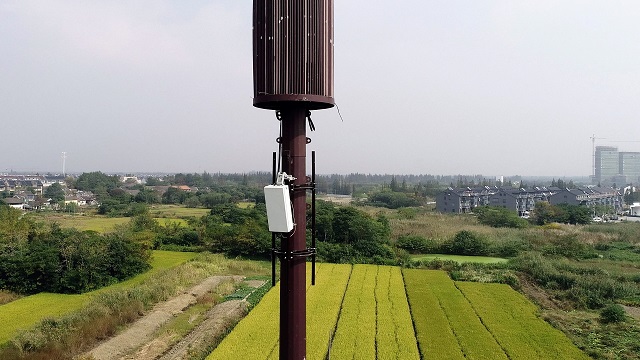U.S. government has agreed to give another extension to China’s Huawei Technologies to buy components and services from US-based companies.

The U.S. Commerce Department said in a statement that the 90-day extension is aimed at assisting consumers across America to transition away from Huawei equipment, given the persistent national security and foreign policy threat.
“As we continue to urge consumers to transition away from Huawei’s products, we recognize that more time is necessary to prevent any disruption,” Commerce Secretary Wilbur Ross said on Monday.
US President Donald Trump said on Sunday that he doesn’t want to do business with Huawei due to security concerns.
Crawford Del Prete, president at IDC, told CNBC that Huawei’s core product lines — including telecommunications equipment, servers, storage, networking gear and even its smartphones — have complex supply chains and they rely on technology that has a long lead time.”
The department added 46 Huawei affiliates to the Entity List – a list of companies effectively banned from doing businesses with U.S. technology companies — raising the total number to more than 100 Huawei entities that are covered by the restrictions.
The list includes Huawei affiliates in Argentina, Australia, Belarus, China, Costa Rica, France, India, Italy, Mexico and numerous other countries, Reuters reported.
The extension was to aid U.S. customers, many of which operate networks in rural America.
“We’re giving them a little more time to wean themselves off,” Ross told Fox Business Network earlier.
Shortly after blacklisting the company in May, the Commerce Department initially allowed Huawei to purchase some American-made goods in a move aimed at minimizing disruption for its customers.
The extension, through Nov. 18, renews an agreement continuing the Chinese company’s ability to maintain existing telecommunications networks and provide software updates to Huawei handsets.
The Commerce Department said it is now requiring the exporter, re-exporter, or transferor to obtain a certification statement from any Huawei entity prior to using the temporary general license.
Many Huawei suppliers have requested the special licenses to sell to the firm. Ross said late last month he had received more than 50 applications, and that he expected to receive more.
Out of $70 billion that Huawei spent buying components in 2018, some $11 billion went to U.S. companies including Qualcomm, Intel and Micron Technology.





